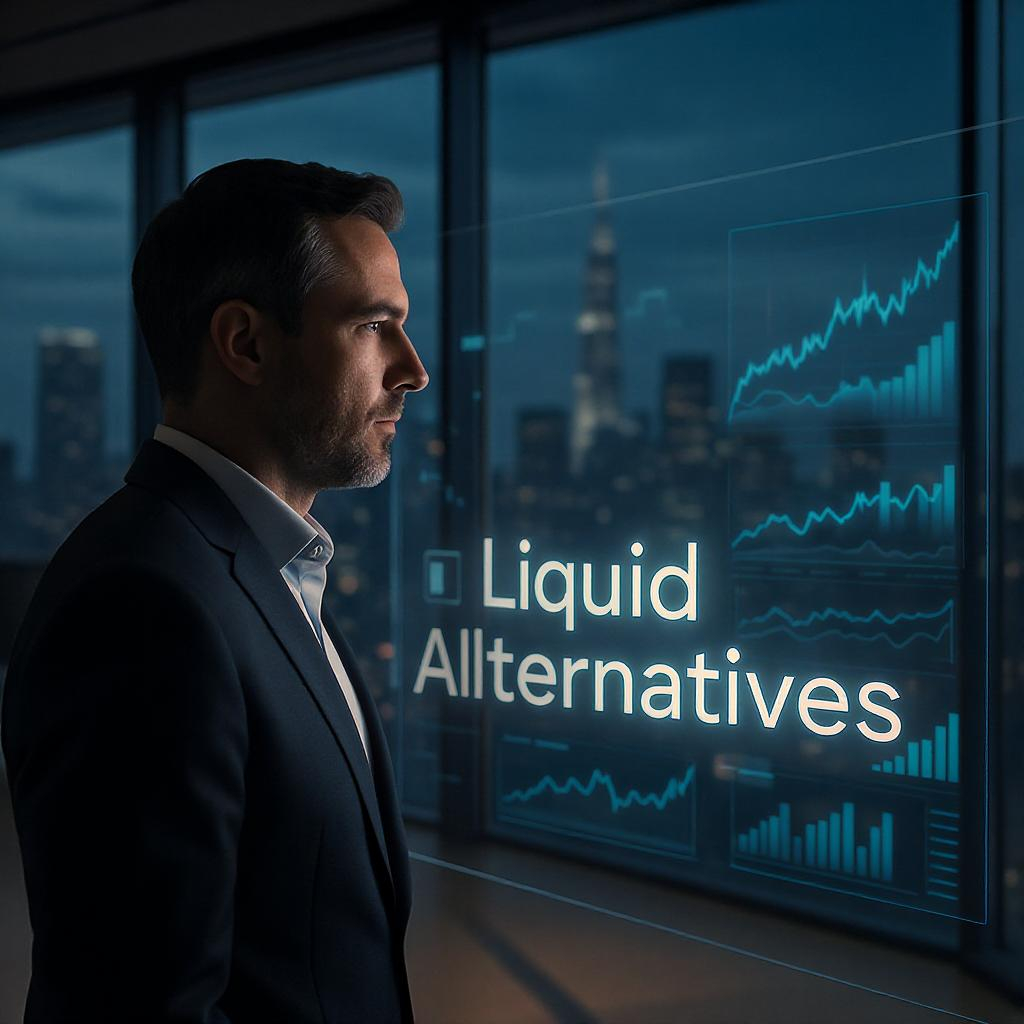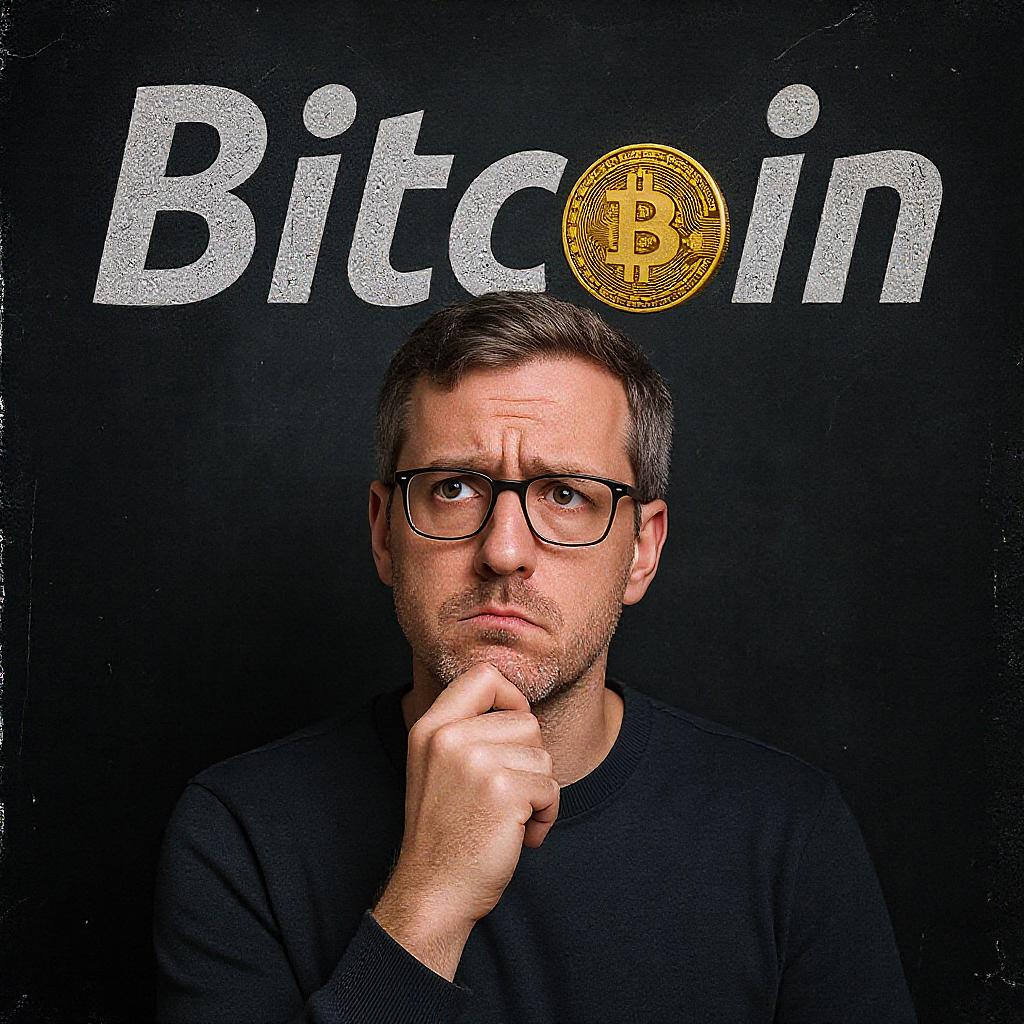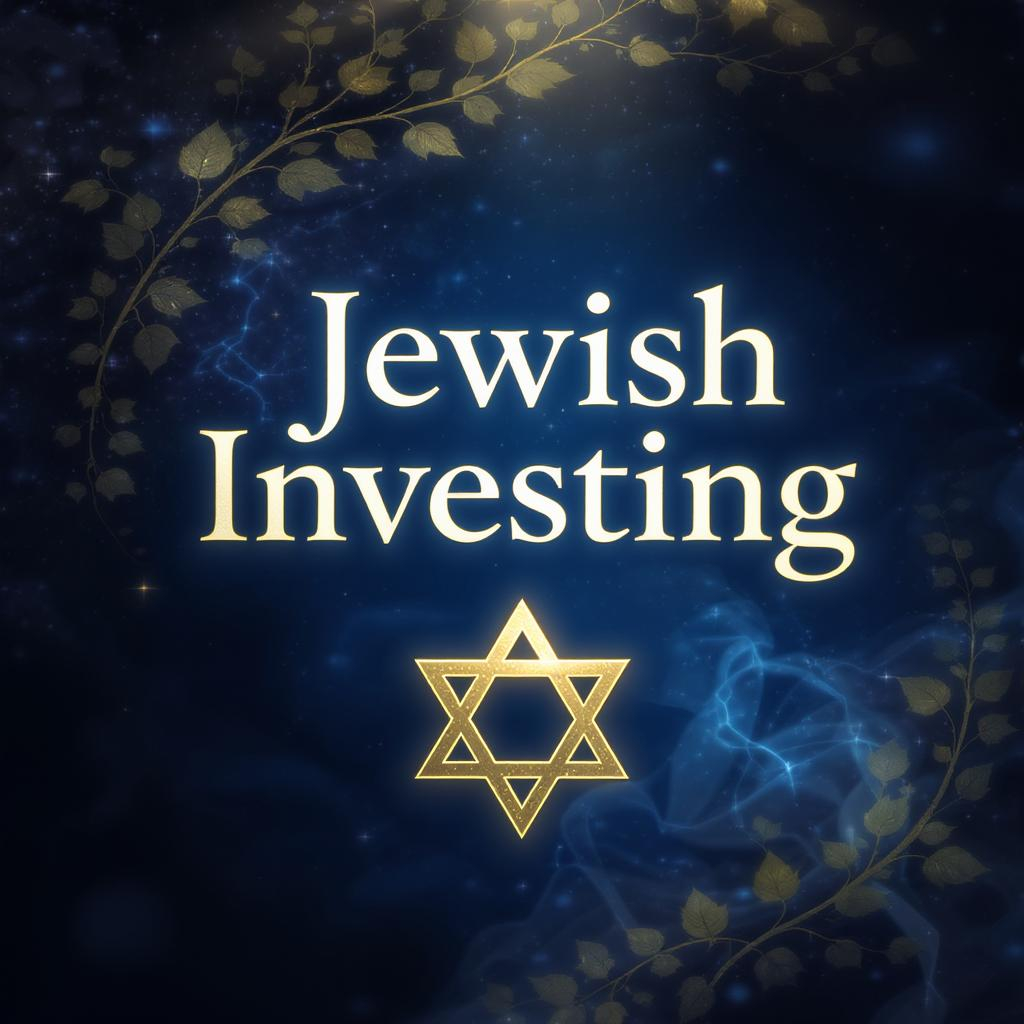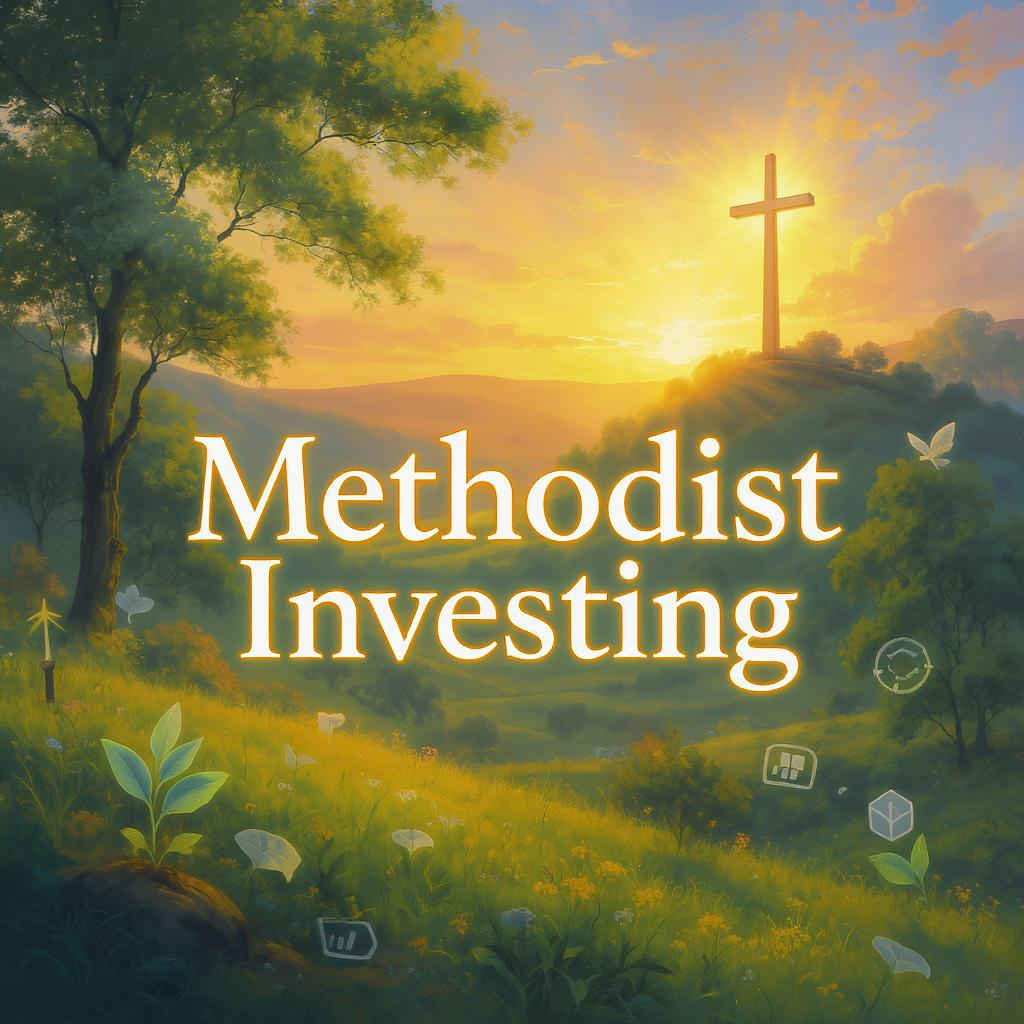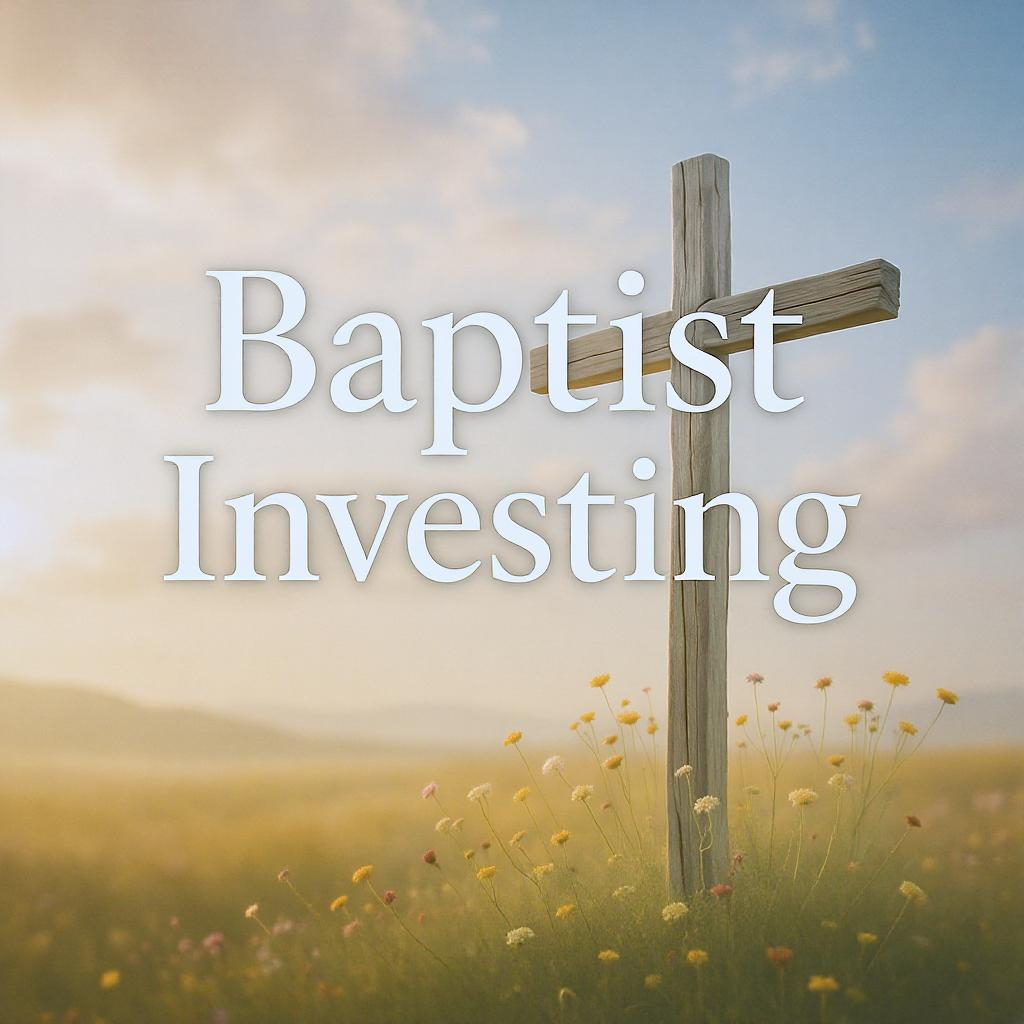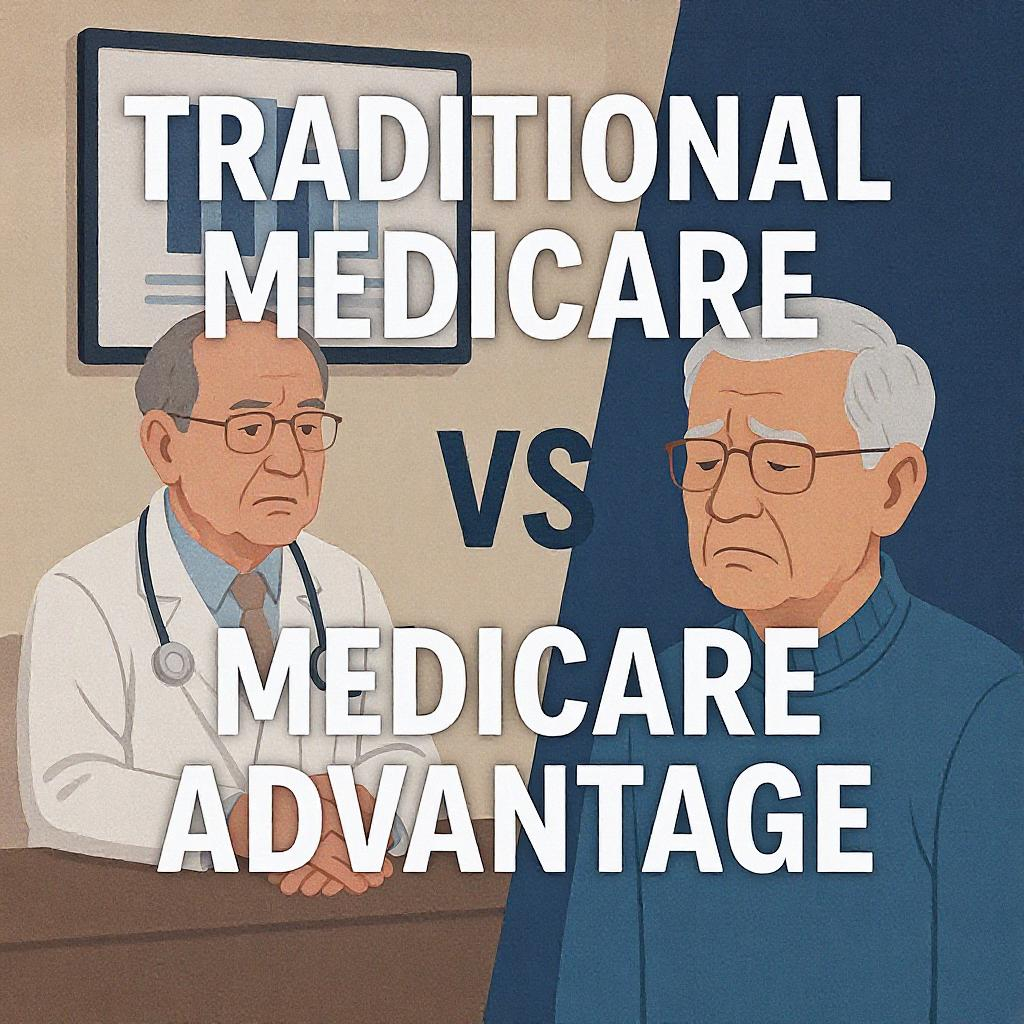For U.S.-based investors, the world of international equity diversification — stepping beyond domestic borders to invest in global stocks and other equity assets — often sparks a lively debate. In recent years, the spotlight has firmly been on the U.S. market’s remarkable outperformance, leading many to question the very premise of looking abroad. Yet, seasoned financial minds consistently point to the long-term rationale for a global approach: managing risk, seizing wider opportunities, and acknowledging the fundamental unpredictability of what tomorrow’s market leaders will be.
Let’s dive into the core arguments, weighing the compelling benefits against the legitimate concerns, striving for a balanced perspective on this crucial investment strategy.


